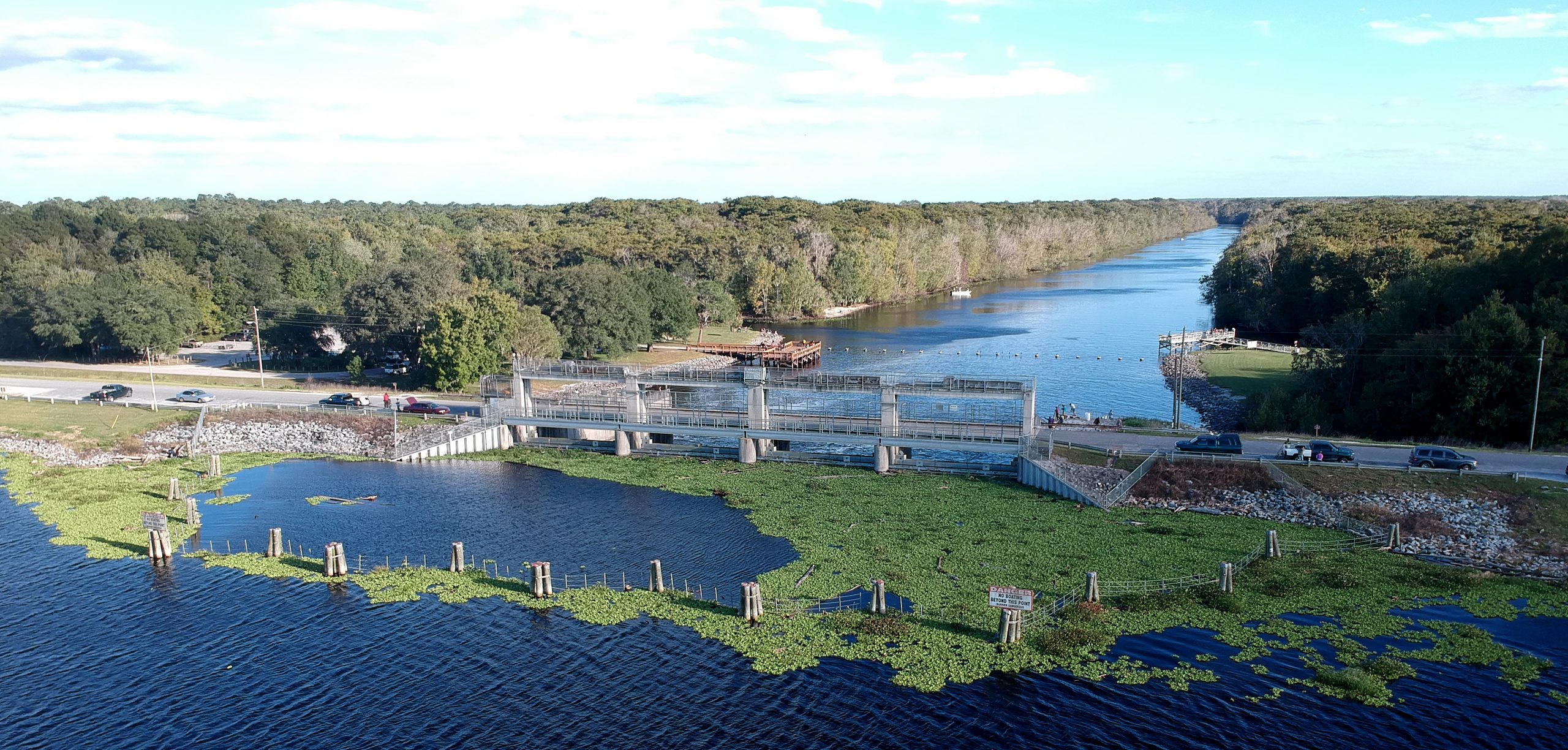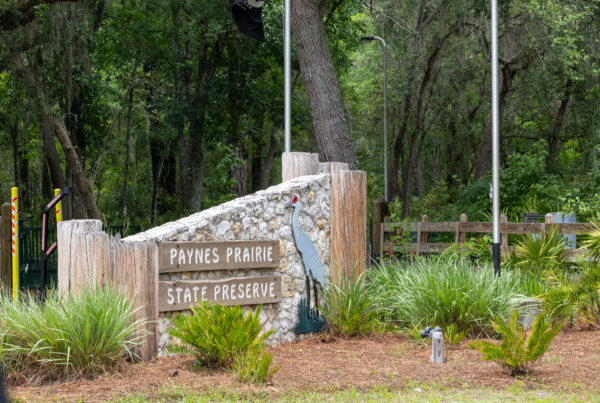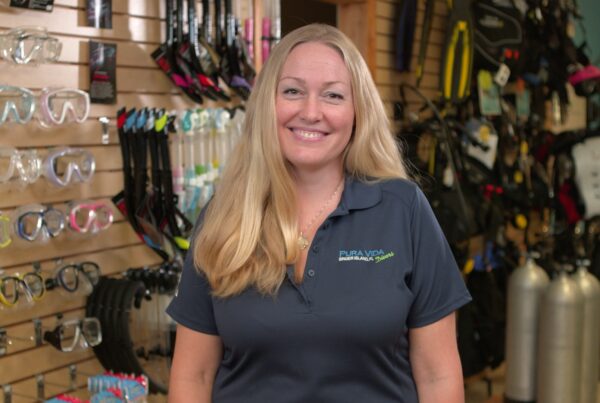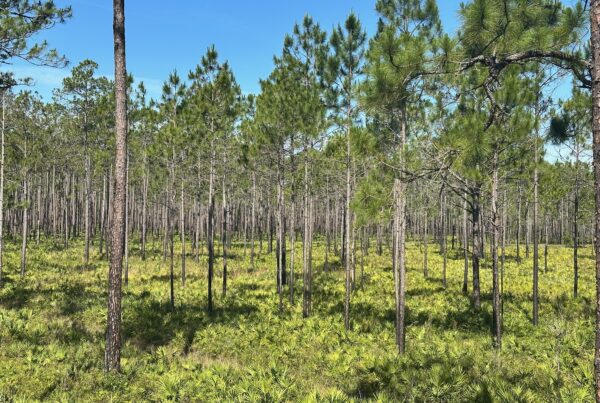Robert Jackson “Jack” Stanley, a former Florida Wildlife Federation Board Member, was an avid fisherman and nature lover. He and his wife Linda Stanley used to spend hours on a canoe, floating along the Ocklawaha River while not making a sound – they would listen to the splashing of the paddles and the birds singing. “Nature was just a part of who he was,” Linda says.
A native Floridian, Jack lived in Salt Springs with his grandparents for some time when he was growing up. His grandfather, Homer Clause, nurtured his admiration of nature and animals, raising horses and hunting foxes in the forest. Linda describes Jack’s ability to have known and shared information on birds and bird-watching “as part of the total package.”
But at 59, Jack left us before he fulfilled his dream of a free-flowing Ocklawaha River. His fondest wish was for Marjorie Harris Carr, Founder of the Florida Defenders of the Environment and an activist responsible for halting the Cross Florida Barge Canal, to be able to restore the river. After she passed, he chuckled about strapping a piece of dynamite to himself and taking the Rodman/Kirkpatrick Dam down in his final moments.
Jack, like scientists across the state, knew that reconnecting the St. Johns, Ocklawaha and Silver River would bring back migratory fish such as striped bass, channel catfish, American shad, and American eels.

Ed Lowe, Director of Environmental Sciences and then Chief Scientist at the St. Johns River Water Management District from 1984 to 2015, notes that the dam removal would reunite four ecosystems: Silver Springs, the Ocklawaha River, the Lower St. Johns River, and the coastal Atlantic Ocean of the southeastern United States. “There was once a free connection among these systems,” Lowe says. “That connection promoted the development of rich populations of fish and shellfish.” Economically significant fisheries, such as those for American eel, striped bass, and American shad, were supported by this unified ecosystem – the Rodman/Kirkpatrick dam severed this vital migratory pathway and has sustained regional declines in fisheries and in fish and shellfish populations.
Dr. Robert Knight, Executive Director of the Florida Springs Institute, has been studying wetlands and Silver River since the ‘70s. He notes that Silver Springs has lost the historic fish that once made it what Disney World is to Florida, today; tourists would come from as far away as Maine and Europe in the ‘60s and ‘70s to see the beautiful crystal-clear water and channel catfish. Currently, it is being overtaken by exotic tilapia. Silver Springs’ heartbeat is down – it is dying. “Silver can be restored,” Dr. Knight says. “The necessary step is to remove that dam and restore the Ocklawaha River.”

Retired USGS fish biologist Ken Sulak explains, “After the Cross Florida Barge Canal project was halted, the impoundment behind the dam evolved into a largemouth bass sport fishing area. In the early years, bass fishing in the impoundment peaked, contributing significantly to the local economy. However, as is typical in the evolution of artificial impoundments, once carrying capacity is reached, the maximum fish size decreases over time. Today, the fishery has declined. Now, trophy bass is more frequently caught by anglers using the St. Johns River proper. The reservoir is choked with exotic vegetation and requires constant manipulation to avoid fish kills.”
Fortunately, it won’t take someone as courageous as Jack Stanley to create a free-flowing Ocklawaha with a stick of dynamite. Since the 1990s, the consensus approach with most federal and state agencies and conservation organizations has been partial restoration, removing a portion of the earthen dam along the natural riverbed on the west end of the spillway. Plans leave the Rodman Park docks, ramps, and amenities in place. The current FDEP Greenway Plan approved in 2018 states, “if funds are made available and permits are issued, it is the intent of FDEP to undertake this restoration.”
Before Jack passed, Linda promised him that she would do the best she could do for conservation. She has served on the Florida Wildlife Federation Board, as well, and advocated for the health of springs. Jack believed in never giving up on what you think is right; we agree. With the 50th Anniversary of the halting of the Cross Florida Barge Canal in January 2021 and the Rodman Dam past its life expectancy, it is time to let the wild and endangered Ocklawaha River flow freely again.






